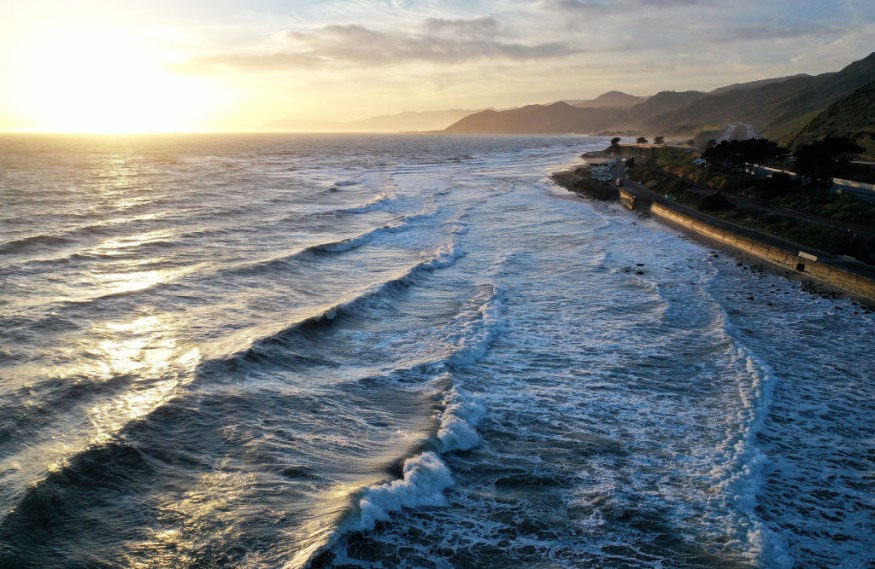
More than 70 percent of the world's wonders are composed of water, yet so little has been explored in this unknown world. The number of mysteries residing beneath the vast ocean is unimaginable that only those mysteries themselves can tell.
An "alien world" within our own and a place of adventure, Vox tells ocean mysteries that even scientists haven't solved yet.
Vicki Ferrini, senior research scientist at Columbia University told the website that so much about how the planet works is basically preserved in this "sort of underwater museum." Not only is it a source of mystery, but also a place of adventure. "How could you not be excited about it?" Ferrini said of ocean exploration.
According to the scientist, all the things we learn by investigating the unknown watery realm has brought us to "unexplainable" adventure but only as far as a human can venture. Equally, if not more exciting, underwater encounters are as interesting as space exploration because it's here in the same planet that we're on.
Let's Dive In!
From the sea's surface, down the deep, here are 5 ocean mysteries uncovered among countless discoveries:
1. Where plastic pollution hides in the ocean.
While plastic is being manufactured on land, it ends up getting dumped in the sea. However, as to where all those plastics float off, scientists have yet to figure it out.
"Ninety-nine percent of all the plastic is missing," oceanographer Erik van Sebille said. "We have dark plastic. Like the astronomers have dark matter and dark energy, we oceanographers, we don't have an idea where most of the plastic in our ocean is. We've lost it."
2. Whales getting stranded on beaches.
A study published in Scientific Reports shows that whale strandings have been occurring more often in coastal areas worldwide. Are humans to blame?
The answer may not be absolute, but it is no denying that humans are great factors to the ocean's current environmental condition, although it is untold how these animals are impacted nor exactly how humans are harming them.
3. Humans and octopus are friends?
A 2020 documentary evidenced a caring relationship between humans and octopuses, although it is unsure if the friendship was genuine from the octopus's perspective.
"It's like interstellar travel," science writer Ferris Jabr said. "It's like the closest we can come to that kind of alien contact moment."
4. Fishes in the ocean's twilight zone.
Diving beneath the ocean where light doesn't reach could make your view completely fade, but this region of the ocean called the mesopelagic, or the "twilight zone" is extremely important. The dark ocean plays a large role in regulating the climate for more fishes to thrive.
"It's remote. It's deep. It's dark. It's elusive. It's temperamental," said Andone Lavery, an acoustician at the Woods Hole Oceanographic Institution.
5. Only 20 percent of the ocean floor has been mapped.
The ocean may appear bottomless now, but what has been actually mapped out is only 20 percent of the seafloor. Every time explorers go down to the bottom of the ocean, they are potentially seeing things no human has ever laid eyes on.
Curiosity Doesn't Stop
To date, more people have been to Apollo missions to the moon than to the deepest part of the deepest trench in the ocean. Yet, what's there to explore doesn't just stop at the bottom of the sea, but also what lies beneath it.
Humans have never really directly observed what's beneath the seabed, but every mission to pull up a piece of the Earth's mantle could sow a new field of science and help rewrite the planet's history.
Related article : Strict Welfare Rules to be Extended to Crabs and Lobsters in Scientific Experiments
© 2025 NatureWorldNews.com All rights reserved. Do not reproduce without permission.





